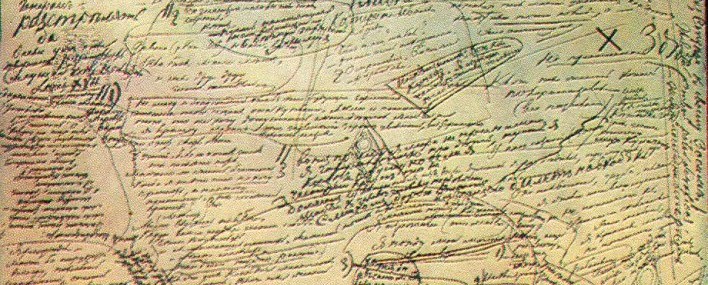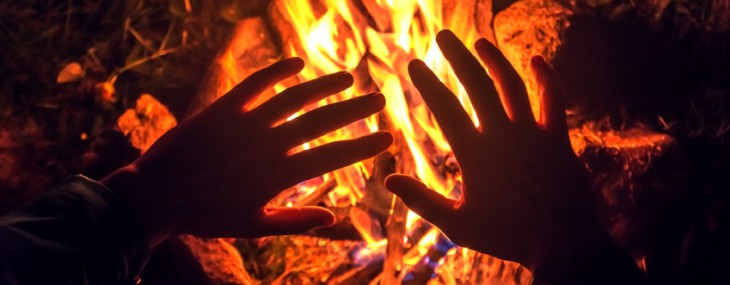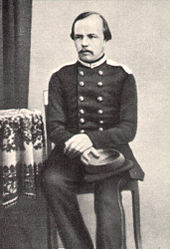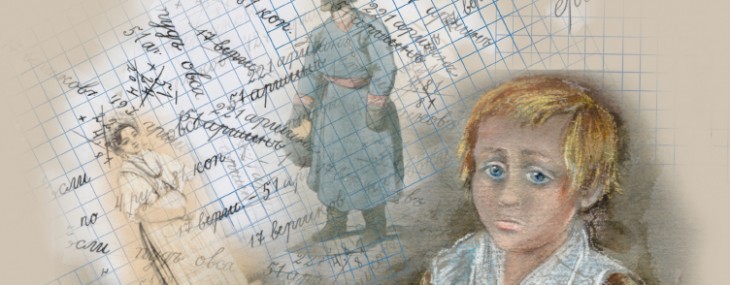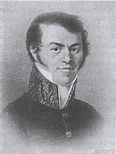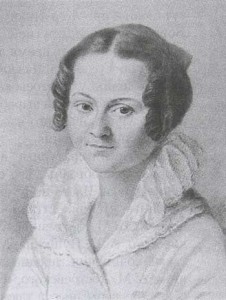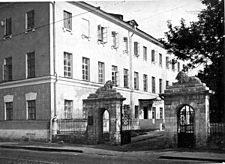“The soul is healed by being with children.”
–Fyodor Dostoevsky
Happiness came at last for Dostoevsky in his mid-forties. Anna Snitkina and Fyodor Dostoevsky married and enjoyed sixteen wondrous years.
Anna’s writings gave us an intimate glimpse of Dostoevsky as an adoring husband. Once, he waited three hours for her on a street corner when her return was delayed. He also took great joy in giving her beautiful gifts—even when money seemed scarce.
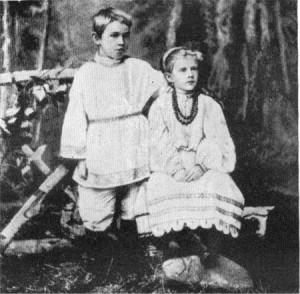 He had a tireless love of children and soothed the housekeeper’s children when he heard coughing or crying in the night. As a devoted father, he helped with bathing and feeding their children, unlike men of his day. Anna described him…
He had a tireless love of children and soothed the housekeeper’s children when he heard coughing or crying in the night. As a devoted father, he helped with bathing and feeding their children, unlike men of his day. Anna described him…
“Fyodor was uncommonly tender with his daughter, fussed over her, carried her about in his arms, sang her to sleep and felt so happy that he wrote (a friend), ‘Oh, why aren’t you married and why don’t you have a child? I swear to you that ¾ of life’s happiness lie in that, and ¼ at most in the rest.’”[i] Anna added, “Neither before nor since have I seen a man with such a capacity to enter the world of children.”[ii]
Dostoevsky also proved to be deeply passionate about God. He knew the depths of spiritual battles and once wrote:
“Beauty is mysterious as well as terrible. God and devil are fighting there, and the battlefield is the heart of man.”[iii]
Another time he wrote, “God sends me sometimes instants when I am completely calm; at those instants I love and feel loved by others, and it is at those instances that I have shaped for myself a Credo where everything is clear and sacred for me. This Credo is very simple; here it is:Continue reading
